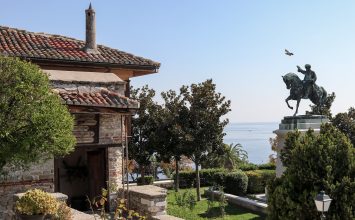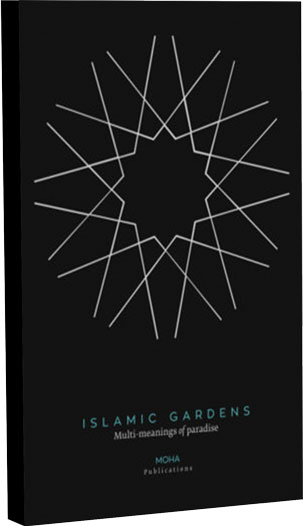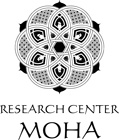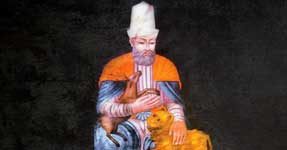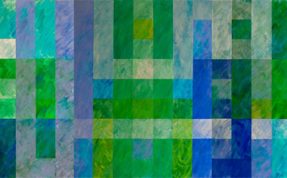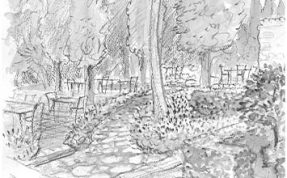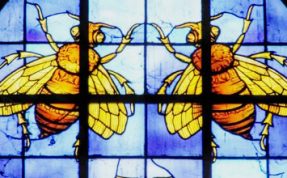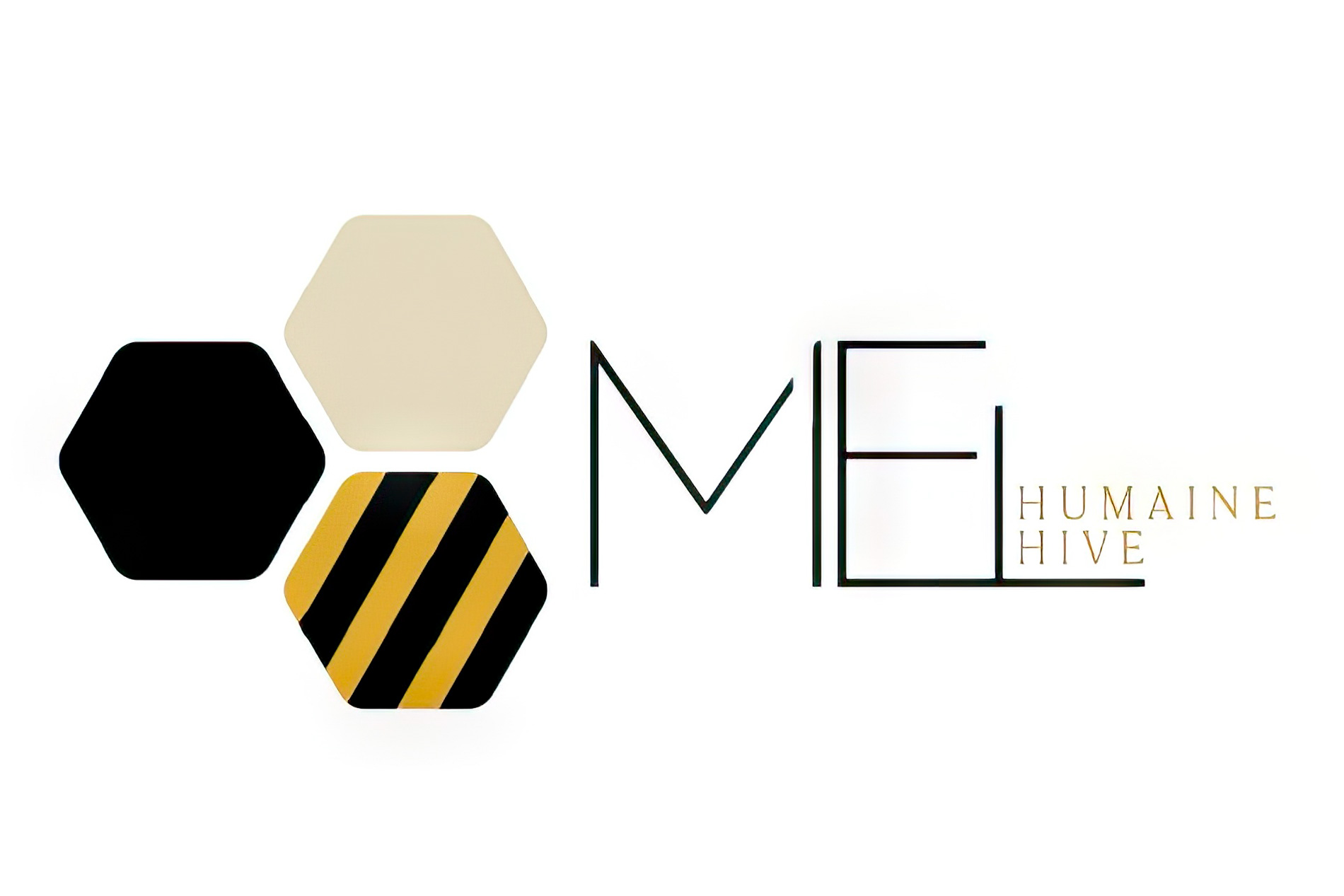
CITY GARDENS - ML PROJECT
Sacred passages
about bees
“or go to the bee and learn as a worker even the work as modestly as she does it”
Β΄ Maccabees
“Hail to the land of promise, Hail to the land of honey and milk.”
Description of the land of Israel in the Hymn to the Virgin Mary
And your Lord inspired the bees:
“Make your homes in the mountains, the trees, and in what people construct,”
An-Nahl (ΤΗΕ ΒΕΑ) 16th surah of the Quran
Just as a bee, without hurting the flower,its colour or scent, gathers its nectar and escapes, so should the sage roam in the village.
Dhammapada 4:49
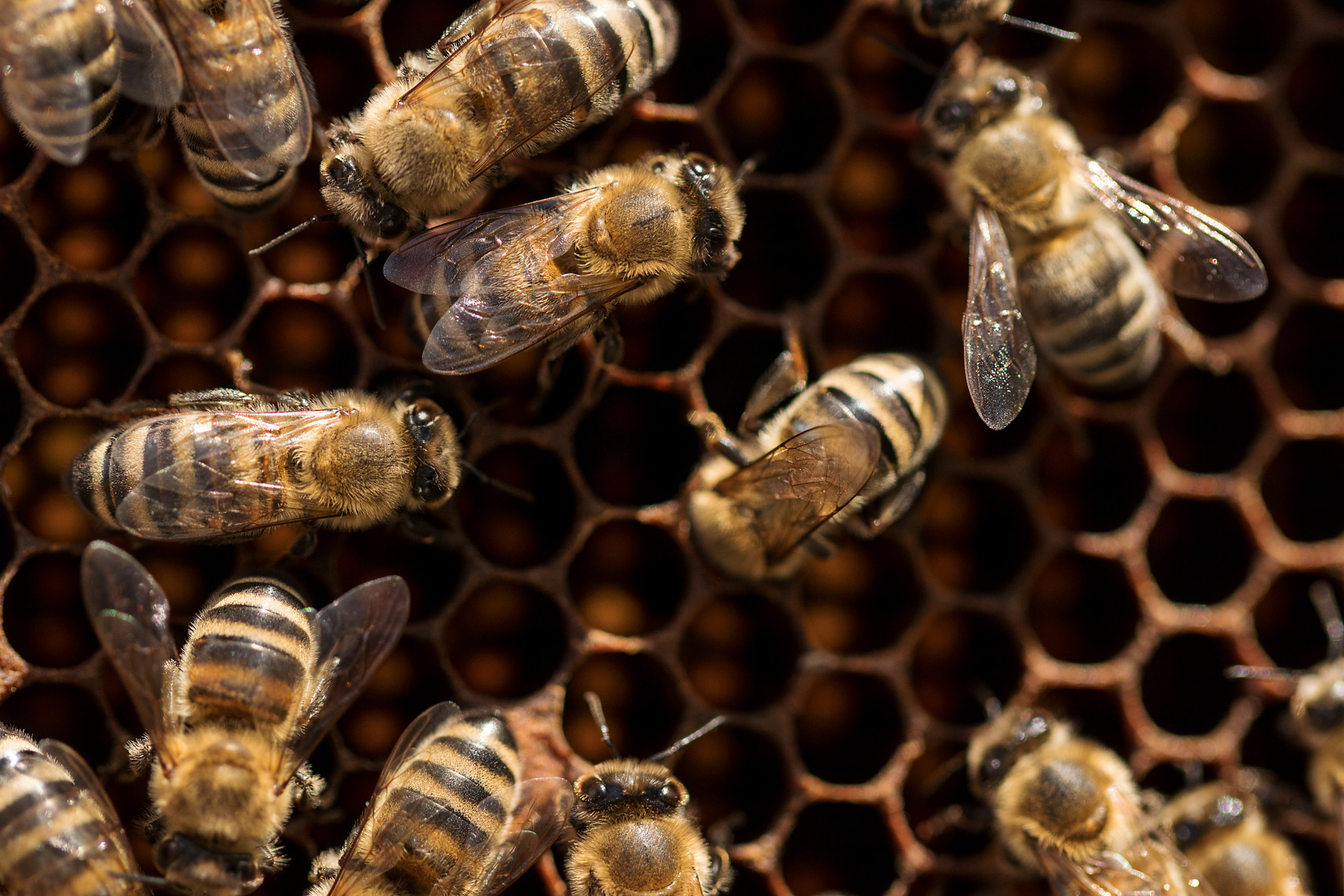
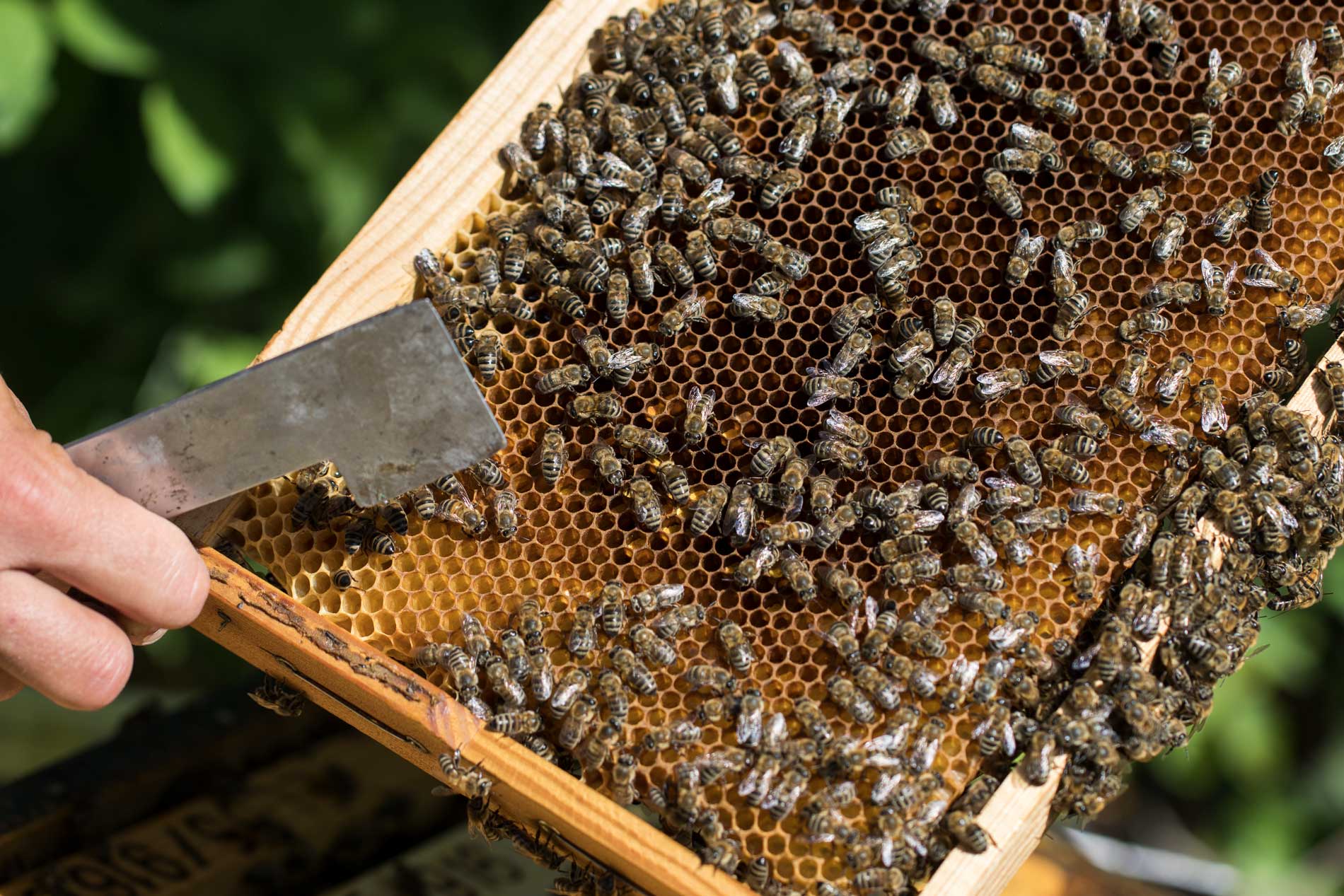
THE FRAMEWORK
MOHA Research Center was founded in 2006 in Kavala as a research institution and is officially recognized by the Greek state (Government Gazette Article 3/par.2 of Law 4310/2014).
Its primary objective is is to promote the multiculturalism of the Eastern Mediterranean and Balkan countries, as well as to encourage interreligious and intercultural dialogue through the contribution of scientific, artistic and educational activities.
MOHA is based and operates in two important monuments of the city of Kavala, Imaret and the house of Mohamed Ali.
The restoration of Imaret and Mohamed Ali’s house included the landscaping of both monuments. The two buildings offer now large clusters of urban gardens resulting in reduced air pollution and thus improved air quality in their immediate surroundings. The densely planted trees provide shelters for countless birds while the planting was designed to attract insect pollinators.
The maintenance of the gardens in the two monuments is strictly eco-friendly and specific procedures are followed.
THE PROJECT
The project «Α city garden for Bees – mi.el» was conceived to raise awareness among all citizens, and to highlight the role of protection that urban centres can provide to nomadic bees.
Developing ecological awareness and adopting values and attitudes will help create new models of environmental behaviour for both adults and children, and establishing an “Urban Bee Garden” is a great way to start.
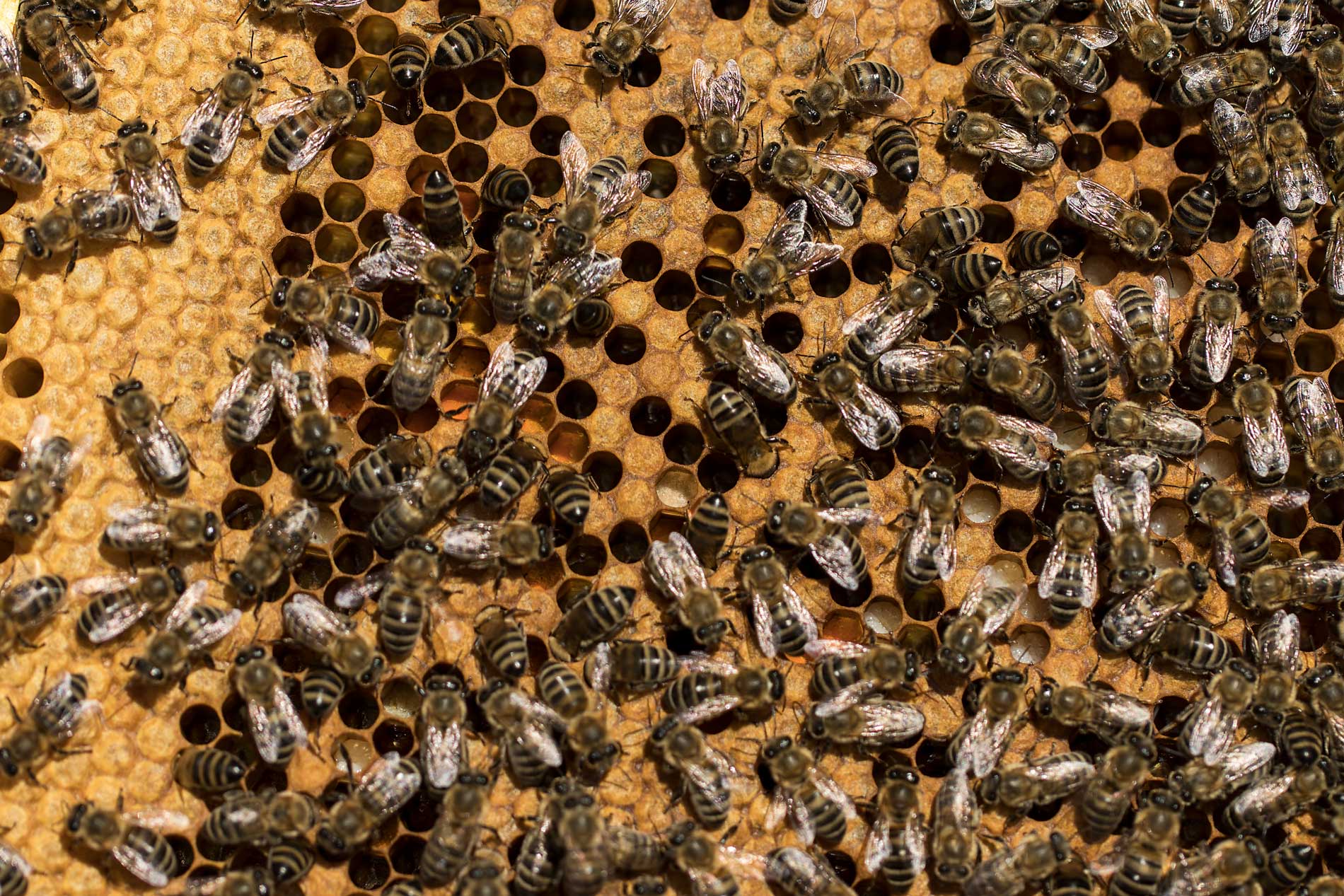
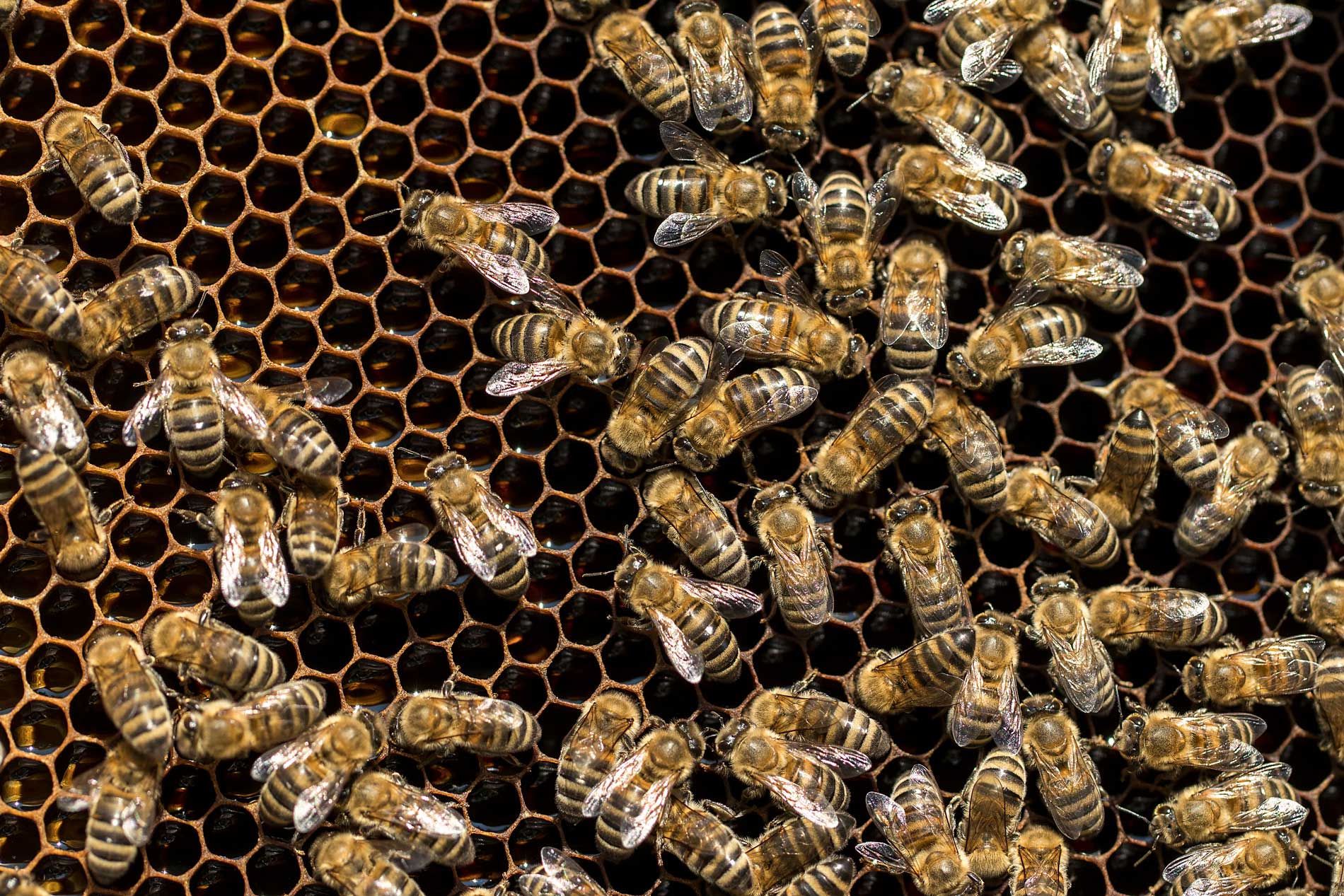
ΑCTIONS
Provide significant floral diversity which has allowed many bees to find shelter, food and breeding conditions.
Growing plants selected to attract bees that are rich in nectar, colours and aromas. In addition, the installation of containers with diluted honey ensures adequate food supplements as only the minimum amount of honey is sufficient for their daily energy needs.
Green waste recycling
Non-machinery treatments to avoid pollutants that disturb insect pollinators.
Beneficial insects release to target pest populations and protect plants.
Reasonable irrigation
Strict and limited use of organic products for disease and pest control only applied after the flowering period.
A permanent supply of clean water in stone-filled pots at various shady spots in the garden as bees are in great need of water.
Construction of shelters for solitary bees.
ACTIONS
- Promotion of informative material on social media, in the press, in businesses and school groups about honey producing bees and solitary bees.
- Educational website on the bee and the museum’s gardens: moharesearchcenter.wixsite.com/museum-gardens
- Educational activities in the museum’s gardens for children and students, aiming at the acquisition of knowledge about the bee, the Earth, Nature, as well as the adaptation of a sustainable environmental attitude towards life.
- Co-operation with the International Hellenic University for the scientific and research support of the project.
- Collaboration with the Faculty of Engineering of the Democritus University of Thrace for the construction of special brick shelters for the nomadic urban bees, and their distribution to universities, museums, hotels, architects and builders, public spaces, etc.
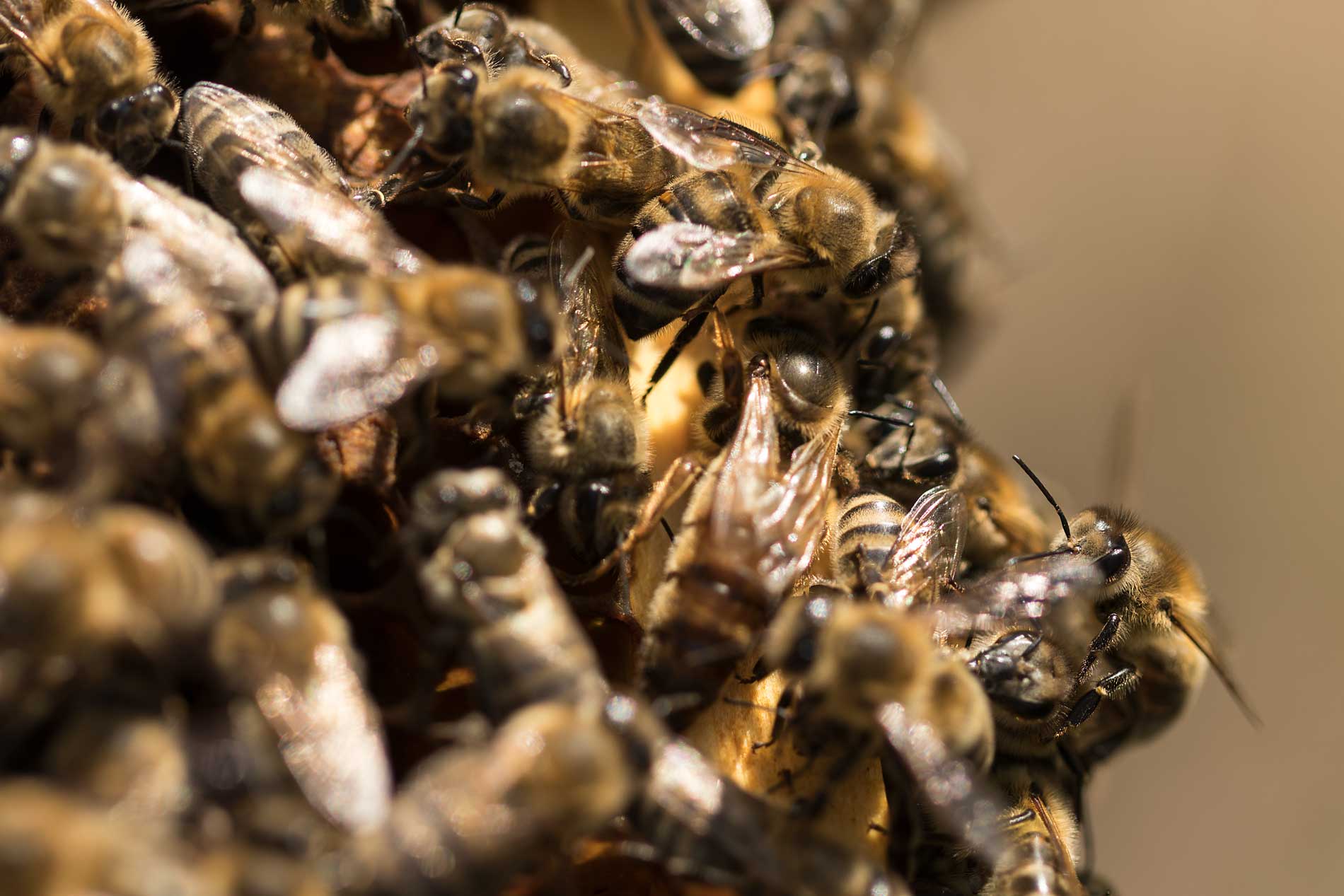
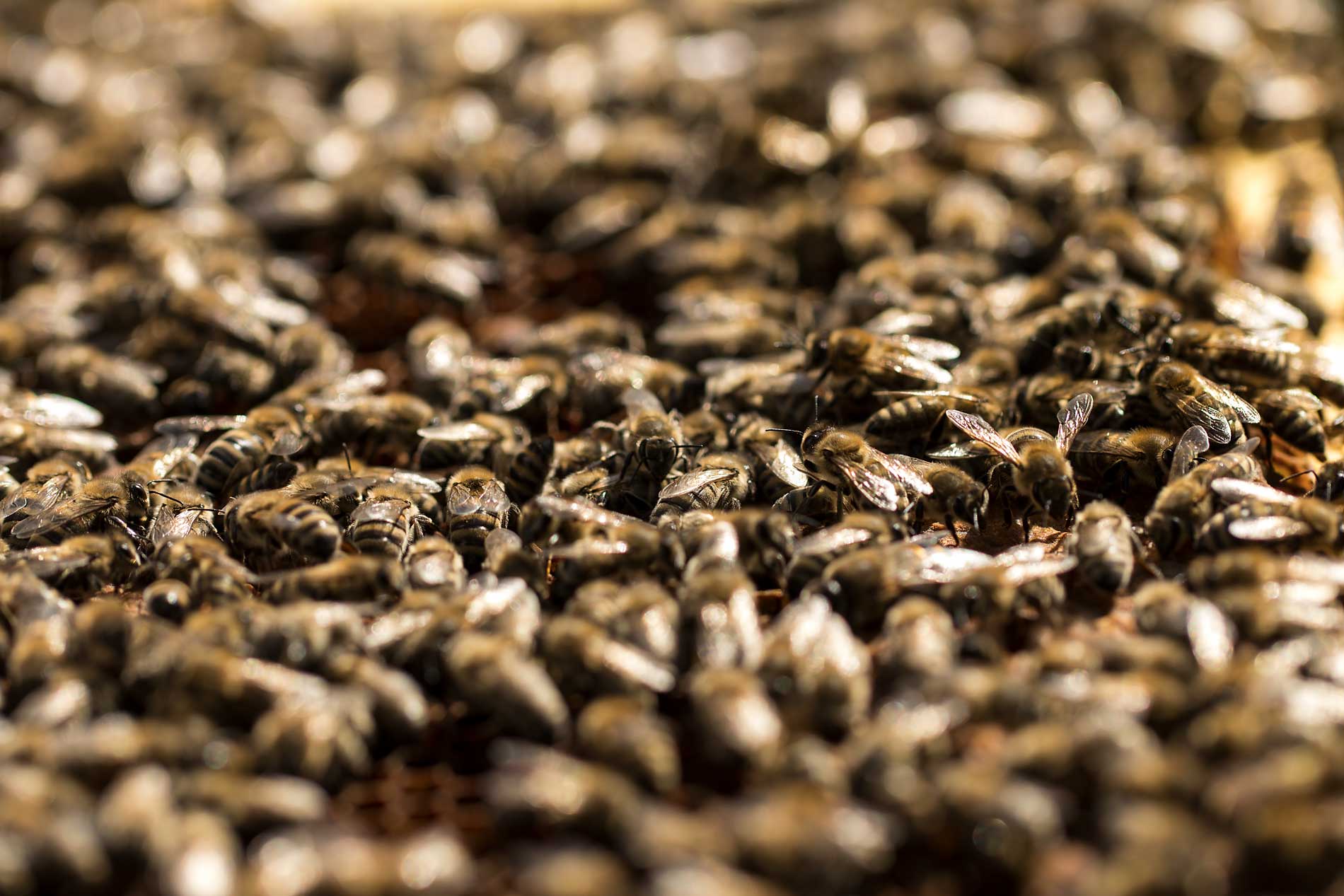
SCHEDULED ΑCTIONS
- An open discussion in the museum’s gardens with beekeepers, artists and young scientists on the social and working organization of the beehive and the emotional bonds that are developed (23 September 2023)
- Production of silk scarves by “MANTILITY” and jewelry by “Lοusta-Thysiadi” with a bee theme
- Publication of a fairy tale by the literary artist Ekaterini Kouris on the theme of the Bee (2024)
- Installation of Flow Hive shelter for honeybees in the gardens of the Muhammad Ali Museum (September 2023)
